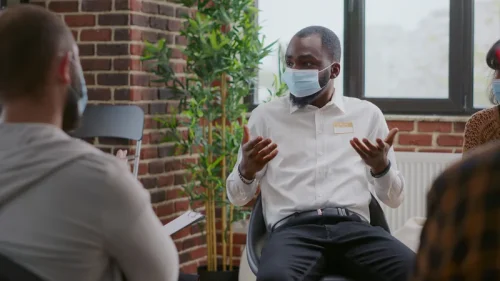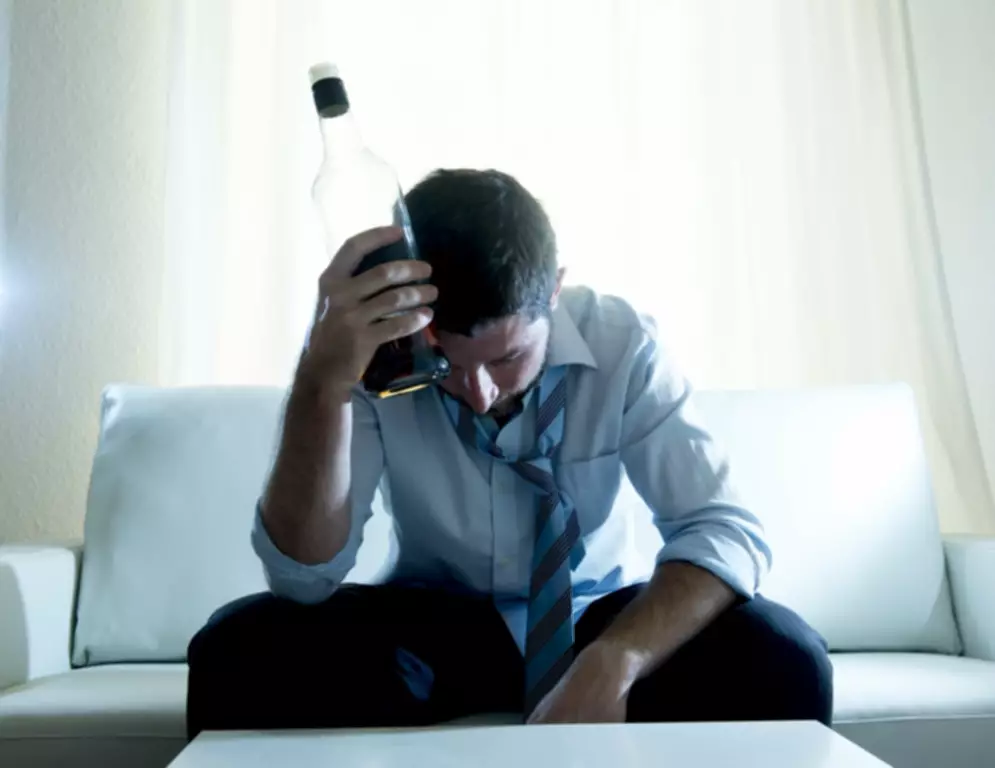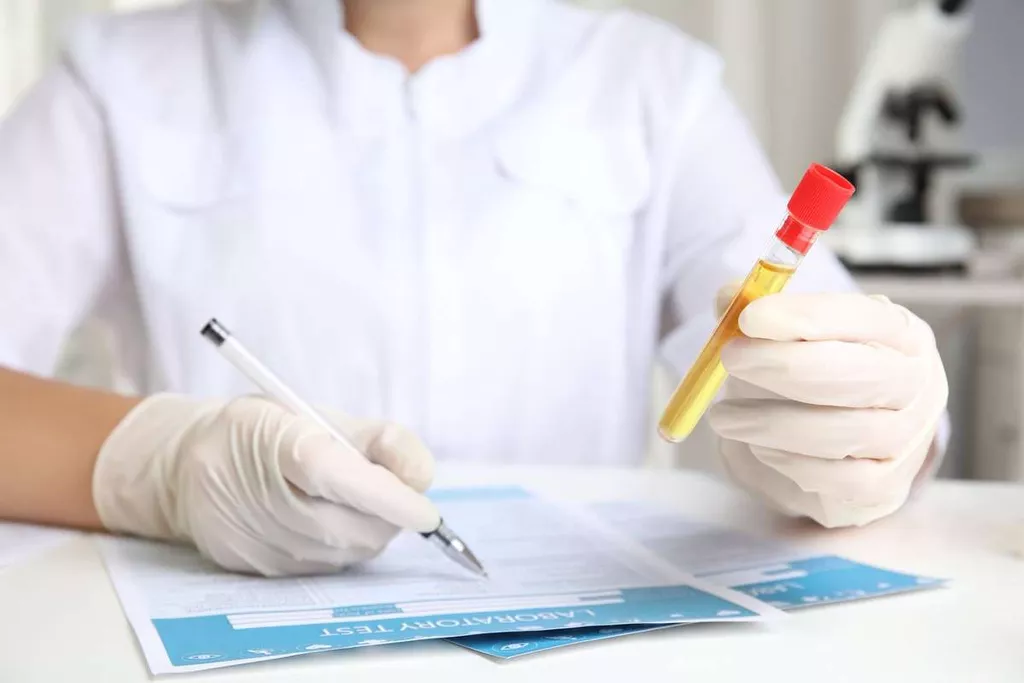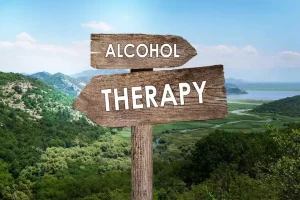
For this reason, it is important to see a doctor about migraine symptoms or chronic headaches, with or without drinking. Headaches, including migraine, are treatable with the right combination of medication and lifestyle alcohol and headaches adjustments. People who get migraine attacks during or after drinking should consider reducing or eliminating alcohol. If they find this too challenging, they may have alcohol use disorder, which warrants treatment.
- The best way to avoid the issue is to limit alcoholic consumption to 2 or fewer drinks per day for males and 1 or fewer for females.
- While headaches are generally recognized as a side effect of alcohol in many people, its reputation as a migraine headache trigger may be overestimated.
- This percentage is very similar to the amount reported in a study on migraine and triggers.
- We’re so busy working during the day and it’s understandable to overlook hydration.
- Sign up for our Health Tip of the Day newsletter, and receive daily tips that will help you live your healthiest life.
Can Alcohol Trigger Migraine Headaches?
It is crucial to take medications at the recommended times to ensure maximum effectiveness. Additionally, it is important to communicate with your doctor if you experience any adverse effects or if the medication does not seem to be working as expected. As you work with your doctor on next steps, it will be important to maintain access to reliable resources on migraine. We recommend a look at our patient guides, which include useful information including how to talk to your doctor about migraine.
Other alcohol-related headaches
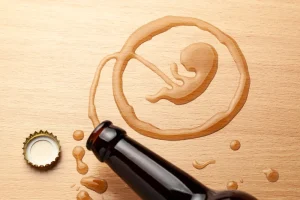
If you are struggling with alcohol abuse or other dependency issues, there are many resources that are ready to help. Vodka and gin are both clear liquors that are made through the distilling process discussed above. This process removes congeners, which means that these drinks are less likely to trigger migraine attacks. However, they can still contain other triggers like histamine or tannins. Histamine, tannins, tyramine, flavonoid phenols, sulfites, and phenylethylamine are all found within alcoholic beverages and this also includes beer. The sudden onset of migraine means a dark room, bed, and a cool towel for most of us.
- There were a total of 2990 embedded missing days (2990/46,820, 6.4%) resulting in 43,830 days (90 for each individual) eligible for analysis.
- Having a mild intolerance to alcohol or something else in alcoholic beverages might not require a trip to a doctor.
- They registered to use the platform between October 2014 and March 2018, and subsequently tracked their symptoms and risk factors for at least 90 of 120 days after registration.
Association between alcohol intake and migraine attack
- If you aren’t sure that alcohol is to blame for your headaches, try keeping a diary.
- There have been several proposed explanations for how alcohol causes headaches.
- There was no association between alcohol intake and the probability of a migraine attack one day after the consumption of alcohol.
Migraine is an individualistic and personal disease because it impacts us all differently. Overall, I feel more research and funding for migraine and headache disorders must be done. If you feel an attack coming on when you’ve had alcohol, stop drinking straight away. Drink plenty of water and take your usual https://ecosoberhouse.com/ rescue medication such as triptans or pain relief. It’s important to always check the leaflet that comes with your medication just in case it says that you should not mix it with alcohol, or ask your doctor about it when they prescribe it. Alcohol seems to trigger both migraine and cluster headaches.
- Wine, beer, and spirits did not elevate the risk of migraine with aura, but sparkling wine did.
- Many people can get a headache in the afternoon due to dehydration.
- The most common symptom of migraine is the intense throbbing head pain.
- Migraine attacks can be disabling, but there are ways to manage the disease and to empower yourself to get the care and the support that you need.
- However, researchers aren’t clear on exactly how or why alcohol can impact migraine.
Because migraine is a highly nuanced disease, it is important to learn about all possible symptoms that may appear before, during or after a migraine attack, including less common ones such as aura. The short answer is that while it’s possible for alcohol to cause a migraine attack, it’s often a bit more complicated. In some studies, about one-third of people living with migraine reported alcohol as a migraine trigger (at least occasionally). In these retrospective studies, only 10% reported a frequent link. A change in sleep pattern can contribute to triggering migraine attacks. About 90 minutes into our sleep, we enter REM (rapid eye movement) sleep.
Living with Migraine

The investigators even found a slightly lower probability of a migraine attack on the second day after alcohol consumption. Migraine attacks can be disabling, but there are ways to manage the disease and to empower yourself to get the care and the support that you need. It is not just a headache, it is a genetic neurologic disease. Next, talk to your healthcare professional about your symptoms. Eradicate the words «I’m fine» from your vocabulary and be honest with your healthcare professional, your employer, your loved ones, about how you’re feeling as well as the kind of support that you need. Make yourself a top priority when you’re having a migraine attack and reduce the likelihood of attacks through lifestyle adjustments.
Alternate Alcohol With Food and Water
